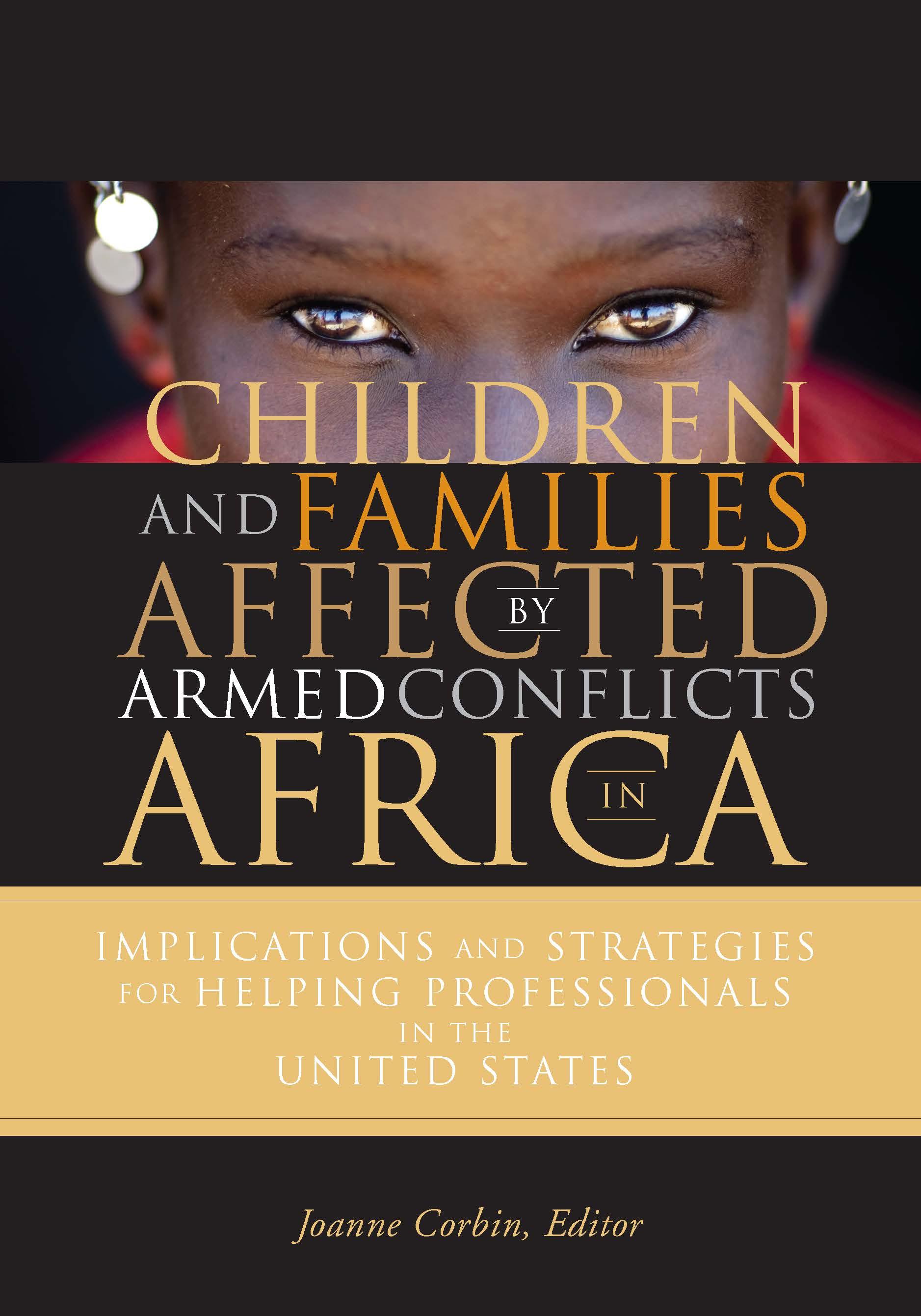

Amidst the existential challenges in providing humanitarian assistance in the conflict region, and by applying the Robert Strauss Centre’s complex emergency framework, this article concludes with an early warning for an impending CDE that could heighten humanitarian challenges unless there is foresight and goodwill by relevant actors to immediately commence a process of adequate contingency planning.Īrguably, human-induced disasters are increasingly at the origin of complex emergencies, given their capacities to rapidly disrupt livelihoods, their multi-causal nature, and the propensity to interrelate political, economic, social, and environmental factors including internal armed conflict (Anderson and Gerber 2018 Culver et al. Cameroon coupled with the eminent threat of the spread of the COVID-19 virus, we contend that unless otherwise, the crisis has immense potential to cumulatively evolve into a “Complex Disaster Emergency” (CDE) in the Anglophone regions of Cameroon. Using the high probability of a novel eruption at Mt. Furthermore, the establishment of a nexus between the Anglophone crisis and a natural hazard-induced disaster suggest an escalation of the crisis to an unbearable level. Our contention is based on the fact that 72.5% of the variables in all the complex emergencies fall within the relevant to extremely relevant ranking criteria. In an exploratory, qualitative, analytical, and descriptive case study research tradition involving document/content analysis, we apply the Robert Strauss Centre’s complex emergency framework to investigate the potential of the Anglophone crisis, whose ramifications lead us to consider it an acute complex emergency. One of Africa’s newest struggles for liberation: Cameroon’s Anglophone crisis, which emerged from legal and education grievances in 2016, rapidly escalated into a secessionist political conflict that is threatening the unity of the country, with potential to degenerate into a complex emergency.


 0 kommentar(er)
0 kommentar(er)
